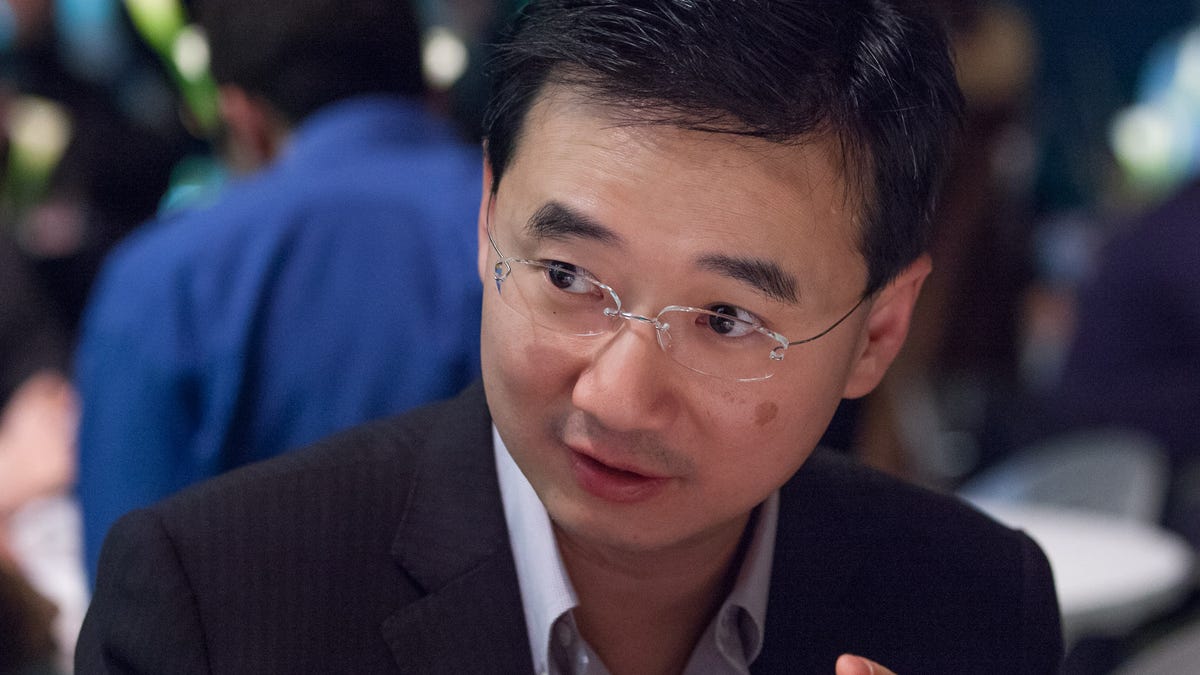Are specs becoming meaningless in the smartphone wars?
Huawei calls Ascend D Quad the world's fastest phone, while LG touts its strong mix of speed, display, and battery life. Bucking the trend, HTC stopped talking about specs.

BARCELONA, Spain--Just as dual-core chips represented the pinnacle of mobile devices last year, quad-core phones are shaping up to be the must-have feature on any premiere smartphone.
The problem is, do consumers really care?
Sure, the tech media and analyst community obsess over specifications, and at a show like Mobile World Congress, it's hard to fault a vendor for putting its best foot as competitors vie for their share of media attention. But with chip technology advancing so quickly, we're increasingly getting to the point where having the fastest processor doesn't necessarily equate to having the best phone. Beyond the most hardcore phone enthusiasts, those specs have less meaning than ever before.
Some have been quick to pick up on this. Apple's presentations have always focused on experience over the hard numbers, and HTC is starting to following suit. During its Mobile World Congress press conference yesterday, CEO Peter Chou, and Scott Croyle, head of design, spent more than an hour talking about their new
"What consumers care about isn't in the numbers," HTC Chief Marketing Officer John Wang said to reporters following the announcement. "It's something more emotional."
Wang has a point. Beyond the early adopters and phone enthusiasts, do people care about the number of cores a phone has?
Still, HTC's presentation was far from the norm. Huawei yesterday hailed its Ascend D Quad as the world's fastest smartphone--a title it probably won't hold for too long. Sony, in its debut as a standalone mobile brand apart from Ericsson, sprinkled in some spec talk during its conference. LG likewise touted quad-core chips, but tacked on better battery life, a high-resolution display, and a 4G LTE connection to boot.
"People care about the specs," said Ramchan Woo, head of LG's smartphone division, about high-end customers. The company's goal this year was to pack its phone, the
Mobile device vendors are increasingly reliant upon on specs as a critical way to differentiate themselves. With software looking similar from phone to phone, hardware and design are important ways consumers pick out their next phone.
The problem, however, is the little gain that is had from boasting of the fastest phone, because the next fastest phone is right around the corner, or already here. Many are touting Tegra 3 quad-core chips from Nvidia, including LG and HTC, while Huawei has a custom chip built internally.
It's telling that HTC got one of the warmest receptions on a day filled with phone announcements. The company didn't benefit from any early show excitement either; its presentation stretched late into the night after a long day of conferences and more than one delayed start.
The enthusiasm carried over even when HTC said its LTE version of its flagship One X phone would only use a Qualcomm dual-core chip, instead of the Tegra 3 quad-core processor.
And HTC's emphasis away from stats and on things like the speed and quality of its camera shouldn't be interpreted as the company shying away from horsepower.
"HTC is more than capable of entering that spec conversation," Wang said.

